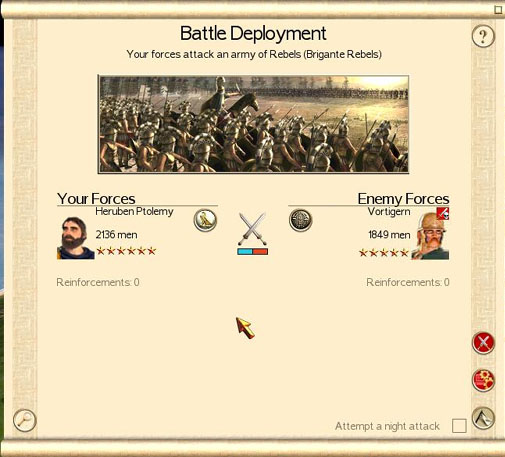Part 7
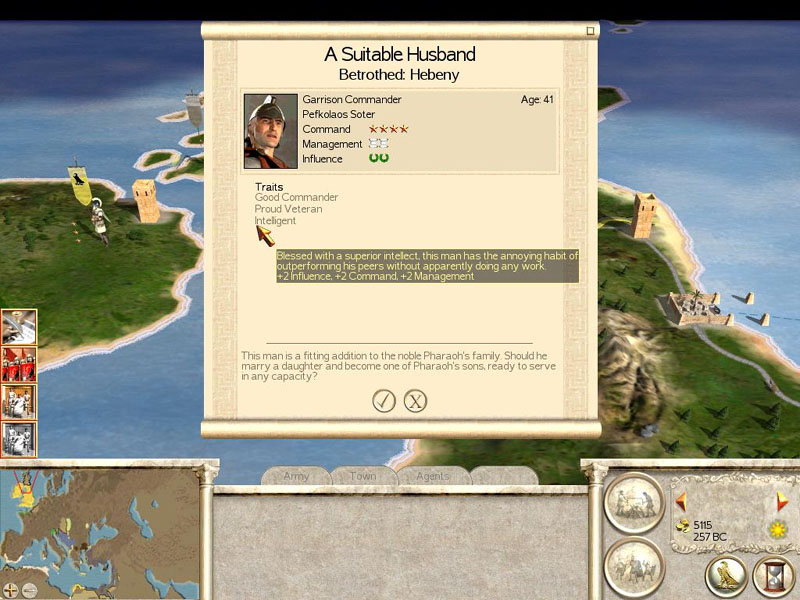
"Yes, your majesty." The messenger bowed reverently. "I shall tell Lord Arrhidaeos at once." He turned and walked smartly out of the stone hall, only to be replaced by the portly and smiling Khu.
The master spy approached the Pharaoh, bowing slightly with his palms open. "Sire, I bring news from Hibernia." Heruben leaned forward intently. This was his chance to escape the binds of politic and administration.
"What is it Khu?" He asked.
"Acestes reports that his army has brought an end to all organized resistance in Hibernia, and that the populace has accepted the rule of Philopater Ptolemy. They are readying to depart, and expect to make landing in Scottorum by the onset of Winter."
Heruben was delighted at the news. "Thank you, Khu. I will prepare the dragoons for departure by morning. You had better make your leave now."
"My lord?" Khu raised an eyebrow. "You intend to go north?"
"Yes. And you had better go ahead of me. Acestes will have a hard time taking the scottis city of Dalriada if it's defenders have a wall to hide behind."
"Aye my lord. At once." Khu turned and walked out of the hall in a manner more fitting of a man half his weight, leaving the pharaoh alone to contemplate the conversation they had just had. The word scottis was greek for darkness, and in recent years the word that had been extended to describe not only the sunless winters of the north, but the highlands themselves and their inhabitants.
* * * * *
The morning after the first snow, the army of Acestes Ptolemy appeared out of nowhere behind the fortified border with the highlanders and marched through the night to reach the scott city of Dalriada. True enough to expectation, they found the city in a state of surprise. Amidst the confusion, a short, portly man with flaming red hair stepped up to the open city gate and removed a glass phial from his cloak. He tapped out two measures of a reddish powder on each of the four massive hinges he could reach, and brought his torch to each of them. The powder erupted in a fiery flash, showering the ground below with sparks and molten iron, before quickly burning out, leaving the city gate welded open. Khu chuckled to himself before slipping away, back into the night.
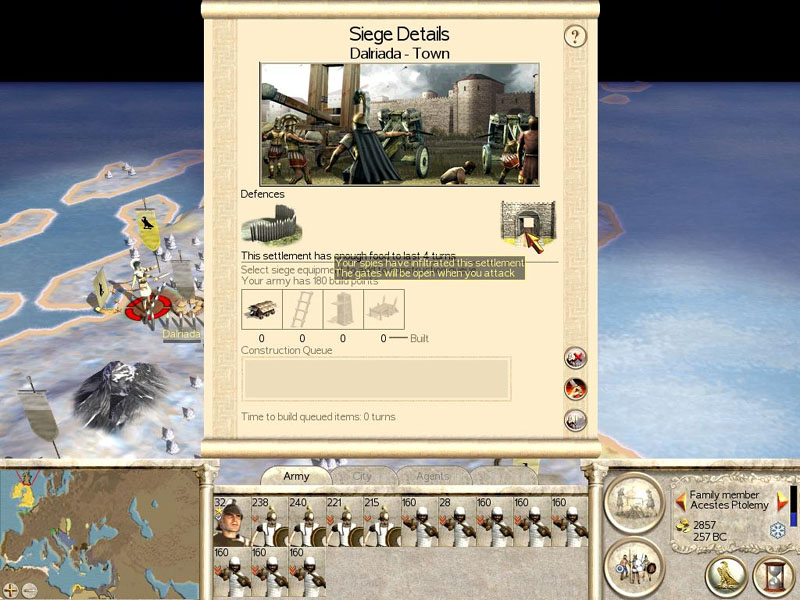
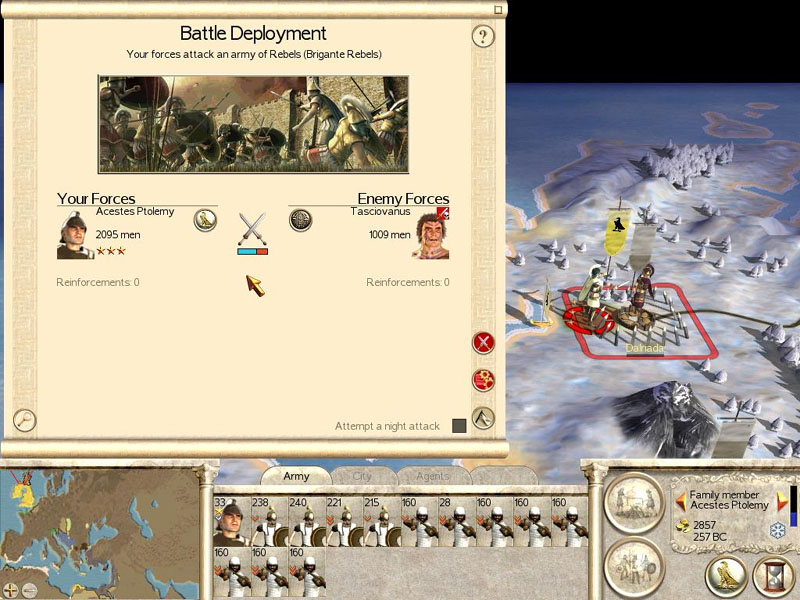
This was it, Acestes told himself. Beyond those walls lay the last obstacle to Ptolemaic dominance in Britain. Time had not been kind to the Ptolemaic armed forces, now a fifth of what it had been eleven years ago, when they had first landed in Britain. In that time, the army had sustained itself on momentum alone, marching from one fight to the next. For eleven years, they had been sapped by attrition, decay and outright defeat. Acestes was no longer as young as he had used to be.
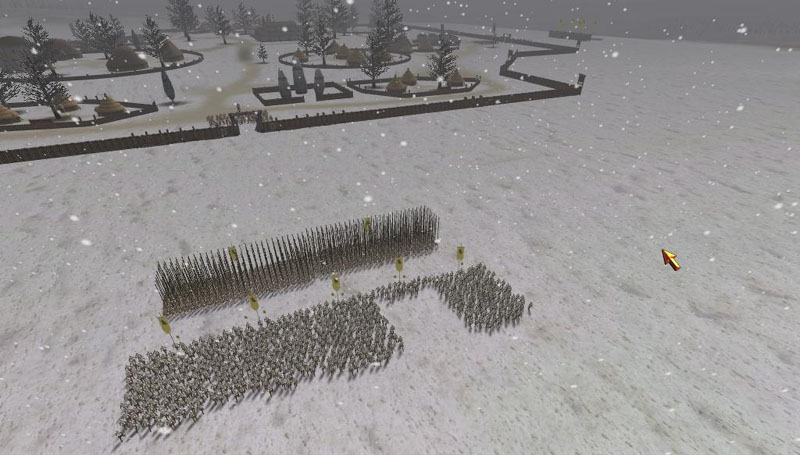
On cue, the machimoi archers opened fire on the defenders who were attempting to hold the city gates as chokepoints. They melted away under the rain of projectiles, falling back to the city square. Under the whistling of arcing death overhead, the Pezoi advanced on the gates and to the other side of the walls where the scots had been minutes ago.
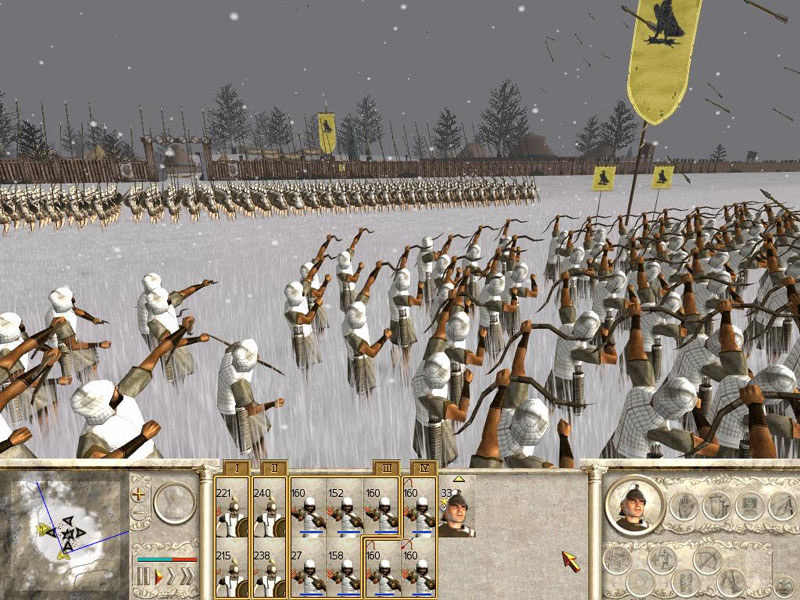
He realized that when you stopped learning, you truly were old.
The battle continued to go by the book. The fighting had spilled into the streets as the Pezoi phalanxes stayed mobile, leapfrogging from one narrow point in the streets to another. The highlanders attacked them at every turn, fighting furiously despite being heavily outnumbered.
"I will not let myself become an antique." Acestes growled. "Cavalry, half ahead! Follow me!" He kicked his horse forward, followed by his thirty two elite hetairoi horsemen. Uphill, Tasciovanus and his chariots were shredding the rear of a phalanx formation, his most recent pass having killed twenty of the spearmen. But still hundreds of them mobbed the chariots, until the horses bled from every direction and their drivers were pulled from their braces and slain. A thundering of hooves approached, and Tasciovanus turned to see the blade in Acestes' hand, inches away from his face.
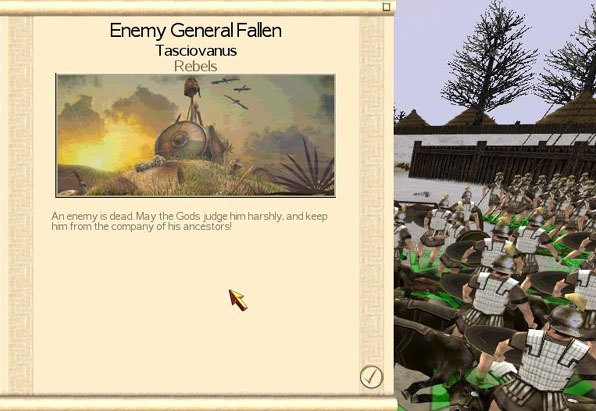
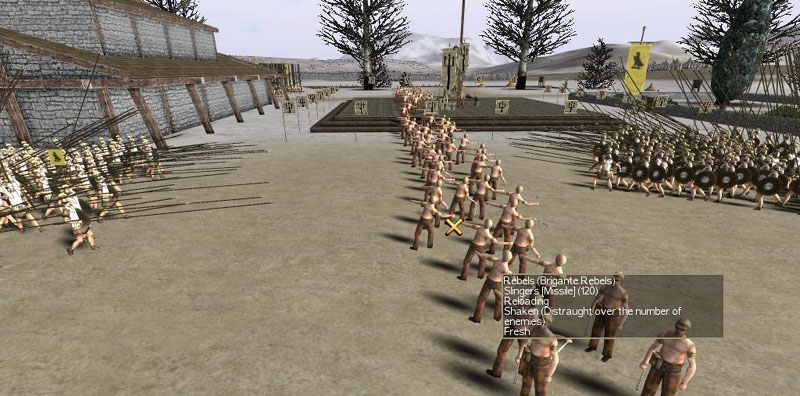
The highlanders fell upon the rearguard of the phalanx with a terrible fury.
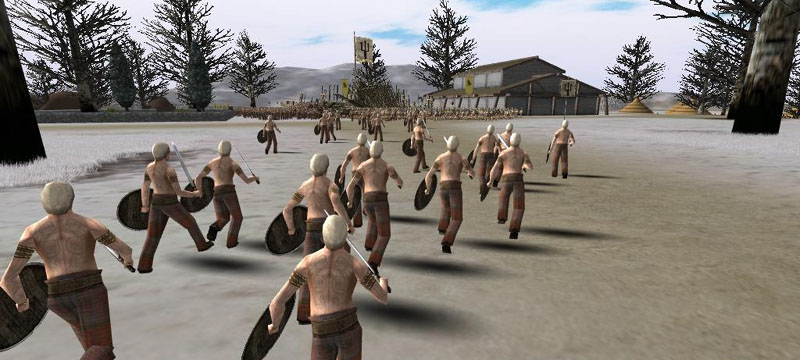
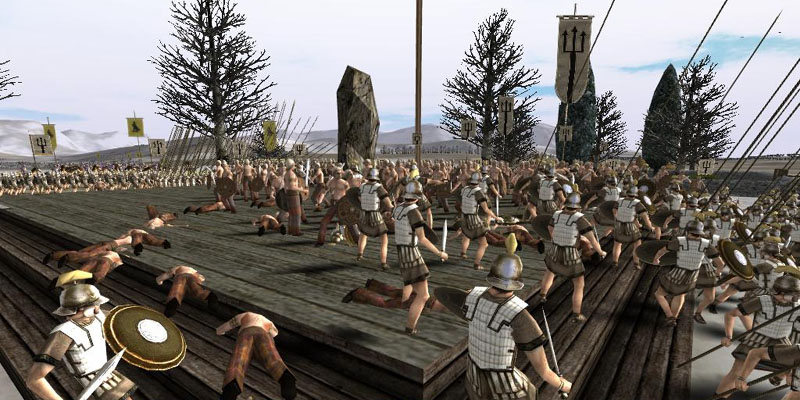
Thirty three horsemen came barreling up the hillside and slammed into the rear of the scantly-clad scots, tearing all about their ranks with swords and spears. The pezoi, their spirits lifted by their general's presence, dug in and made one final push.
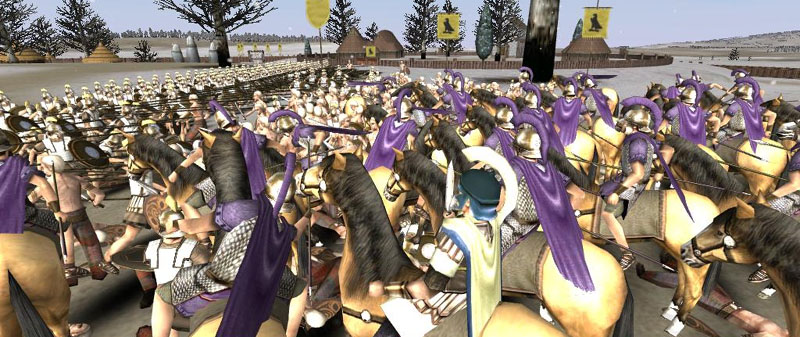
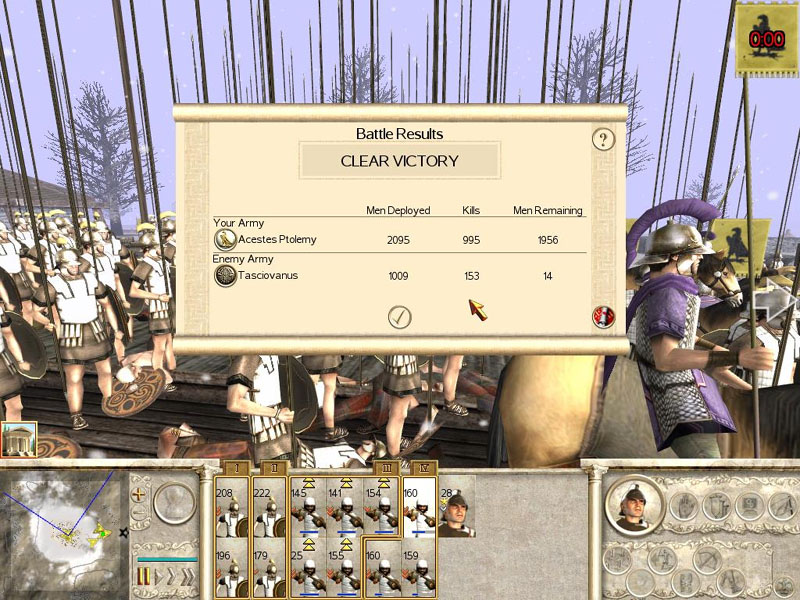
The high-king pharaoh
In his feasting hall
Ale, by twenty barrel
And nine roasted boars
So lord Ptolemy said,
as King of the Britons,
his mortal foes dead
history had been written
The celebration was immense. A day after the siege of Dalriada, the pharaoh had arrived on horseback at the head of a caravan of goods. In the high king's hall atop the village square, they had a magnificent feast, of breads, cheeses, meat and even some greek wine. The inhabitants of the city had been commanded to attend the pharaoh's feast, and that any scot of age found sober after the celebration would be flogged.
"It is over, brother." Acestes said to Heruben, clearly relieved. Amidst the celebration, the hooded figure of Khu appeared at the Pharaoh's table, a worried look on his usually concealed demeanor. He was immediately halted by one of the Pharaoh's bodyguards, an immense siluran tribesman. Acestes continued to speak to the pharaoh. "Britain is ours! The last fight has been fought!"
With the drop of his chin, Heruben signaled the guard to let Khu pass, and the master spy knelt by the pharaoh's side, whispering animatedly into his ear. The jovial look on Heruben's face dropped as he turned to Khu. "Are you sure?" Khu gave him a blank look. Of course he was sure, Heruben knew. He pushed his chair back, and stood from the table.
Acestes was alarmed. "Where are you going?" He asked.
"One last fight."
